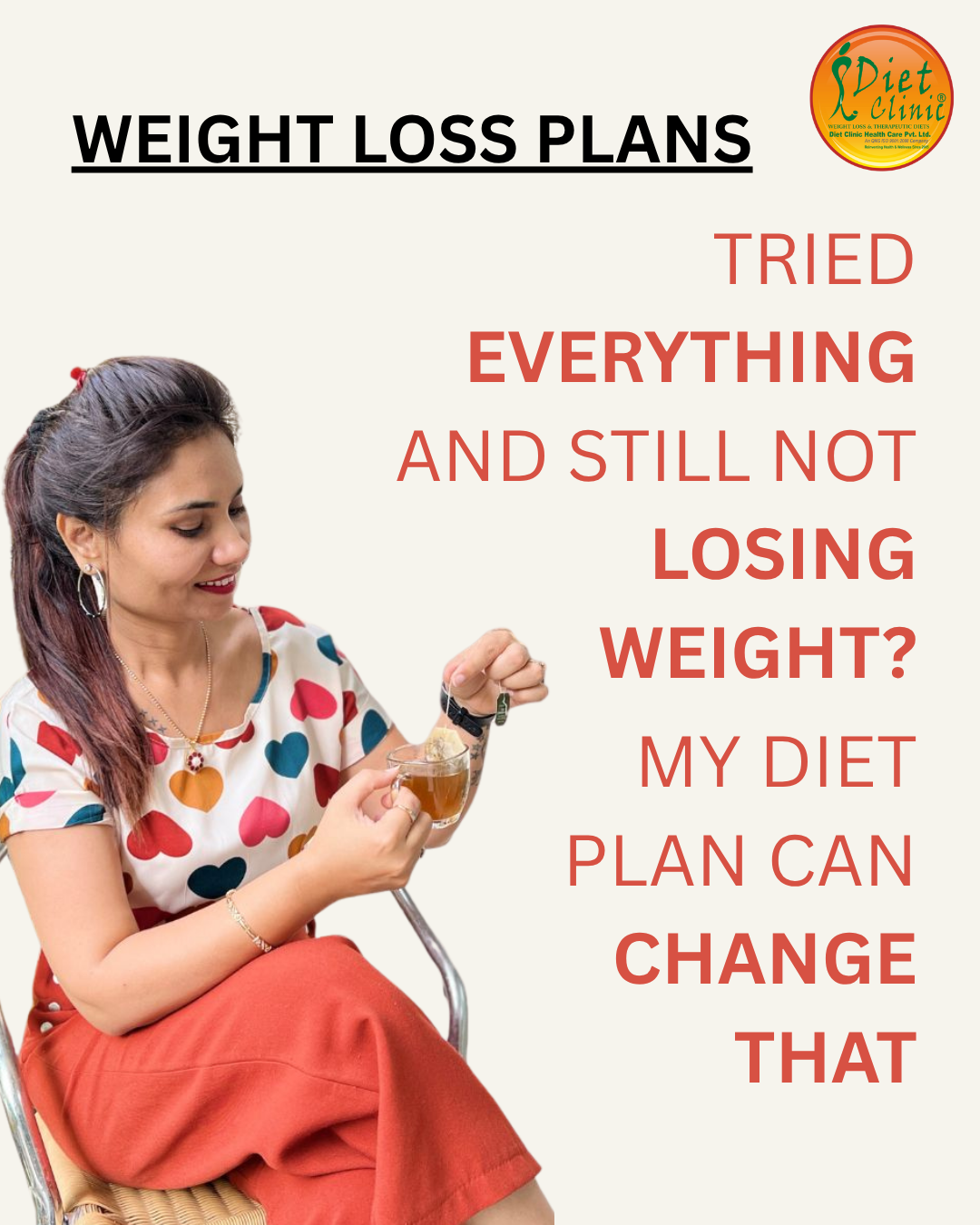
Dietician Sheela Seharawat
Is Sugar Really an Evil Villain in Our Diet?
By Dt. Sheela Seharawat, Founder & Mentor, Diet Clinic
Let’s be honest—sugar makes everything taste better. From our morning chai to celebratory sweets, it’s deeply woven into our culture and cravings. But somewhere along the way, sugar has been labeled the “villain” in our diets.
So, is sugar truly the evil we need to eliminate, or is it just misunderstood?
In this blog, we’ll break down the real truth about sugar—how it affects your body, weight, and health—and whether it deserves the bad reputation it gets.
What Exactly Is Sugar?
Sugar is a type of carbohydrate that your body uses for energy. It naturally occurs in fruits, vegetables, dairy, and grains. However, the problem begins when sugar is refined and added to packaged foods, soft drinks, desserts, and even savory items.
Two Types of Sugar:
-
Natural Sugars: Found in whole fruits, vegetables, and dairy (like fructose and lactose).
-
Added Sugars: Included in processed foods (like white sugar, high-fructose corn syrup, etc.).
Your body processes both types of sugar, but the source and quantity make a massive difference.
How Sugar Affects Your Body
When you consume sugar, your body converts it to glucose, which gives you energy. But excess sugar leads to:
-
Insulin spikes, which can make you feel sluggish later.
-
Increased fat storage, especially around the belly.
-
Cravings and addiction-like symptoms.
-
Inflammation, which is the root of many chronic diseases.
-
Increased risk of Type 2 diabetes and heart issues.
Why We Crave Sugar
Sugar triggers dopamine—the “feel good” hormone—just like addictive substances. This makes it hard to stop at one bite, which leads to a cycle of overconsumption.
Sugar and Weight Gain: What’s the Link?
If you're trying to lose weight without gym sessions or extreme diets, sugar reduction is one of the smartest first steps.
Here’s why:
-
Sugar is empty calories—it provides energy but no nutrients.
-
It messes with your hunger hormones, making you crave more food.
-
Liquid sugar (in sodas, juices) doesn’t fill you up, so you end up overeating.
Hidden Sources of Sugar to Watch For:
-
Breakfast cereals
-
Salad dressings
-
Ketchup and sauces
-
“Healthy” granola bars
-
Packaged fruit juices
Tip: Always read the nutrition label. Even items labeled as “low-fat” often compensate with extra sugar.
Do You Need to Quit Sugar Completely?
Not necessarily.
The goal should be moderation, not elimination.
Cutting out all sugar can backfire and cause binge eating later. Instead, follow these natural weight loss tips that work in real life:
-
Choose whole fruits over juices or candies.
-
Use jaggery or raw honey sparingly as better alternatives.
-
Avoid packaged foods with more than 5 grams of added sugar per serving.
-
Stay hydrated to reduce sugar cravings.
-
Eat fiber-rich meals to stabilize blood sugar levels.
Natural Sugar vs. Added Sugar: Know the Difference
Natural sugars in fruits come with fiber, antioxidants, and water content—helping you feel full and nourished.
Added sugars, on the other hand, spike your insulin quickly and contribute to weight gain without offering any real nutrition.
Good vs. Bad Sugar Examples:
| Better Choices | Avoid These |
|---|---|
| Fruits (apple, berries) | Candy, pastries |
| Homemade smoothies | Packaged fruit juices |
| Jaggery (in moderation) | White sugar, corn syrup |
| Unsweetened yogurt | Flavored yogurts |
Home Remedies for Weight Loss: Say Goodbye to Sugar Cravings
If you're serious about ditching sugar, try these home remedies for weight loss that double as craving-busters:
-
Warm lemon water in the morning boosts metabolism.
-
Cinnamon powder in tea or smoothies stabilizes blood sugar.
-
Methi (fenugreek) seeds soaked overnight reduce appetite naturally.
-
Apple cider vinegar before meals may reduce hunger.
-
A handful of nuts can satisfy the need for something crunchy and filling.
What Happens When You Cut Down Sugar?
Within just 1-2 weeks of reducing sugar intake, you may notice:
-
Improved energy levels
-
Better skin texture
-
Reduced bloating
-
Fewer cravings
-
Gradual, sustainable weight loss
Remember, long-term weight control is not about crash dieting—it's about smart swaps and consistency.
Natural Weight Loss Tips to Beat Sugar Addiction
-
Don’t skip meals: Skipping leads to blood sugar dips and stronger cravings.
-
Add protein to every meal: Keeps you fuller for longer.
-
Sleep well: Lack of sleep increases sugar cravings.
-
Stay active: Even 30 minutes of walking can make a difference.
-
Plan your meals: Unplanned eating often leads to poor food choices.
If you're trying to lose weight without gym workouts, the best investment you can make is in your diet.
Sugar Isn’t the Villain—Your Choices Are the Key
Sugar isn't evil—it’s how much, how often, and in what form you consume it that matters.
At Diet Clinic, we help clients strike a healthy balance with customized meal plans, realistic lifestyle changes, and natural weight loss tips that don’t involve starving or sweating for hours in the gym.
Ready to take control of your health?
Book your consultation today and start your journey with expert guidance.
FAQs
1. Is quitting sugar completely safe?
Yes, but it's not always necessary unless advised by a doctor. Moderation is the key. Natural sugars from fruits and dairy can still be part of a healthy diet.
2. How much sugar is safe per day?
The World Health Organization recommends less than 25 grams (6 teaspoons) of added sugar per day for adults.
3. Can I lose weight just by cutting sugar?
Absolutely. Reducing sugar can lead to fewer cravings, improved metabolism, and better weight control, especially when paired with home remedies for weight loss.
4. Are sugar substitutes safe?
Some like stevia or monk fruit extract are safer options. But be cautious—many sugar-free products still contain hidden chemicals.
5. What is the best natural weight loss tip to reduce sugar cravings?
Stay hydrated, eat more protein and fiber, and try cinnamon or fenugreek in your meals.
Final Thought:
Sugar isn’t the villain—it’s our unawareness and overindulgence that make it dangerous. Take small steps today for big health changes tomorrow.










